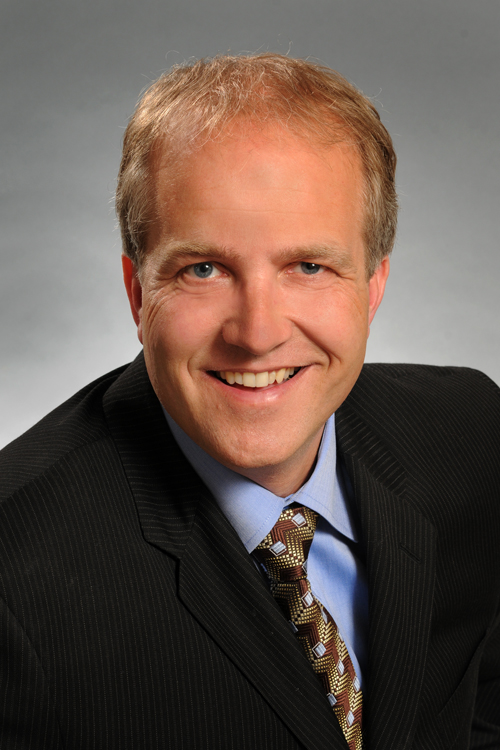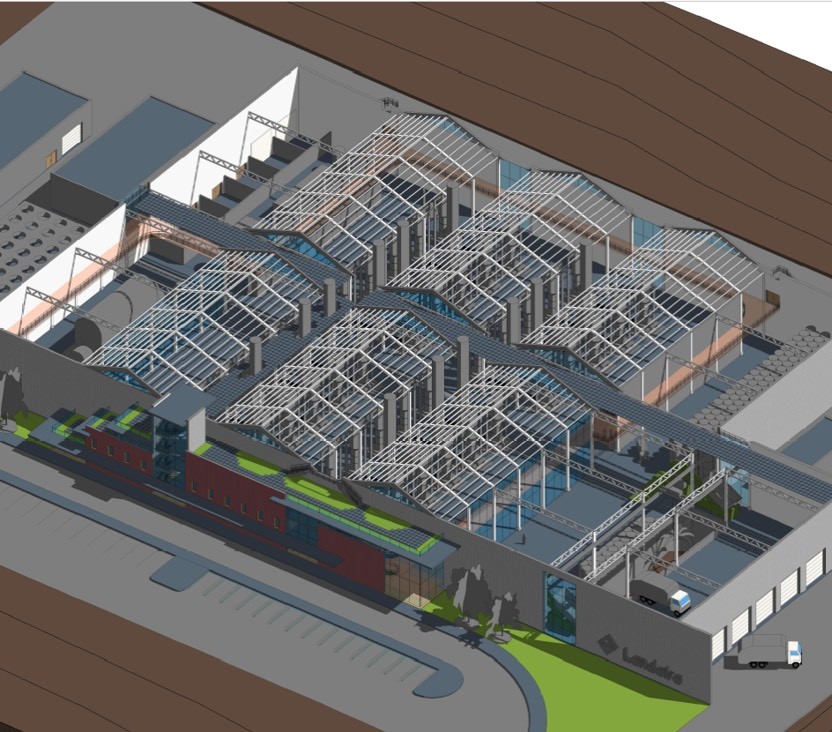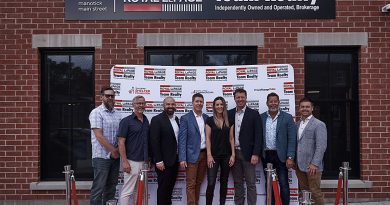Local Company Hoping To Eliminate The Need To Expand Landfill
Turning solid waste into energy remains a possibility and could prevent the need for an expansion at the Trail Road facility off Moodie Drive between Manotick and Richmond.
Rideau-Jock Councillor David Brown and Kanata South Councillor Allan Hubley have met with several companies that are interested in turning Ottawa’s waste into energy, including Landaira, an Ottawa-based thermal energy conversion company with a research and development facility in Dunlap, Tennessee.
In July 2021, Landaira made a presentation to council at Ottawa City Hall. Former local councillors Scott Moffatt and Carol Anne Meehan were cautiously open minded about the presentation. However, nothing public was done in the time that followed, and a year later, there was a municipal election with high turnover at council and in the mayor’s chair.
Landaira claimed it can extend the life of the Trail Road Landfill by 150 years.
Landaira, which is dedicated to global environmental improvements that foster a sustainable future, is trying to reduce dependence municipal landfills are facing. By eliminating the solid waste footprint, Landaira mission statement is to make a greener tomorrow.
Their goal is to reduce greenhouse gases and create full-time employment in Ottawa and other parts of the world.

“We can create clean power to reduce environmental emissions,” said Manotick resident Johannes Ziebarth, President and CEO of Landaira, after the presentation. “Our model requires no up front capital from the city.”
The group has developed a Thermal Conversion technology that transforms solid waste into carbon, char, and a clean-burning synthetic gas, which can be used to produce heat or electricity.
The technology has been in the testing stage since 2009, with work being done at Landaira’s R&D facility in Dunlap, Tennessee. They are now trying to get the City of Ottawa on board to eliminate the need for an expansion to the Trail Road landfill.
Ziebarth explained how Landaira’s thermal conversion system works. The molecular structure of hydrocarbons in carbon-based waste is continuously broken down by combining low temperature heating in pressurized containers with controlled, low-volume air circulation to create a completely controlled decomposition process. He outlined a five-step process for this process.
- Waste destined for the landfill is collected and packaged into manageable bales — without sorting, drying, or shredding. Bailing removes the issues of smell and leeching.
- The bales are placed in the patented Landaira thermal conversion processing containers, which are then lowered into an autoclave.
- The thermal conversion is initiated to bring the waste in the autoclave up to 600° C to 800° C at a low pressure of up to 150 PSI to start the decomposition process.
- A very low volume of air is circulated in the autoclave chamber to enable the thermal conversion until the waste is reduced to carbon and ash residue, and any remaining recyclables.
- Waste is reduced to carbon/ash residue, any recyclables, and a synthetic gas used to generate clean energy.
In addition to the reduced amount of waste by up to 95 per cent, Landaira also claimed it could help the city achieve its carbon reduction goals at the landfill sites.
“We have extremely clean emissions,” Bird said. “Landaira can reduce the emissions created by up to 99 per cent.”
The Trail Road facility is expected to run out of space in less than 15 years, and all Ottawa area landfills could reach total capacity by 2036. With time running out, the local company is trying to develop a viable solution that reduces the need for landfill expansion projects and helps reduce greenhouse gas emissions.
“Our company could help the City of Ottawa reduce the amount of garbage entering the Trail Road landfill by 600 tonnes per day at zero capital cost to taxpayers,” said Johannes Ziebarth, CEO and President of Landaira, who lives in Manotick, after making their presentation to the city last year.
“Our patented Thermal Conversion technology will reduce greenhouse gases by up to 99 per cent while eliminating the need for a landfill expansion and reducing the volume of municipal solid waste going into any existing landfill site by up to 95 per cent,” he added.
Ziebarth and other representatives from Landaira have met with members of Ottawa’s Standing Committee on Environmental Protection to propose the solutions.
“We’re excited in hopes of building a partnership with the City of Ottawa to help combat the landfill issues,” said Spencer Warren, Vice President of Operations at Landria, and also a former Ottawa Catholic School Board Trustee.
“These are real issues, and Landaira has real solutions,” he added. “We have designed a self-sustaining cost-effective operational facility to help the environment and generate new full-time jobs.”
As Ottawa tried to tackle new climate action goals, concern over landfills includes the release of methane gas.
“As organic mass in landfills decomposes, methane gas is released, and data indicates that it does that for over 20 years,” said Warren. “Methane is much more effective at absorbing the sun’s heat than carbon dioxide, making it one of the most potent greenhouse gases and a massive contributor to climate change.”
The situation at Trail Road became a political hot potato again last month during a debate over a bag and tag trash system aimed at incentivising residents to reduce to the amount of garbage they can leave at the curb.
“Councillor Hubley and I want to look at a number of options, including Landaira,” Brown said. “I understand if there is some hesitancy to look at a solution like this based on what happened with Plasco, but that was an entirely different process and completely different technology. Some people may not want to revisit converting garbage into energy. But with the situation we potentially have at Trail Road, now is the time to explore as many options as possible, including the Landaira technology.”
Plasco used a plasma-gasification process for turning garbage at the Trail Road facility into natural gas. In February, 2015, Plasco laid off 80 employees and filed for protection from its creditors. Construction of their Trail Road facility began in 2007, but by 2015, the company was out of time and money.
During Landaira’s 2021 presentation, Hubley addressed the elephant in the room and asked Landaira how and why they were different than Plasco.
“Plasco was my client, so I got to know them quite well,” Ziebarth said. “Where we differ is that Plasco was an open, continuous flow gasification using a very high energy output and very high temperatures to eradicate the waste. The big difference for us is that we aren’t attempting the continuous flow. We have a very scientifically controlled environment that we thermally convert the garbage in inside of the autoclave. We’ve certainly kept it to moderate temperatures to do the thermal conversion – just the right temperature to molecularly decompose the components in the garbage. And we keep it at an almost zero oxygen level inside of the autoclave.
“Those two things combined are sort of the secret sauce of why we have such low emissions and why we are so environmentally friendly.”
Ziebarth added that his company’s technology can take garbage straight from the truck with no shredding or drying.
cutline
Landaira says its Thermal Conversion technology will reduce greenhouse gases by up to 99 per cent while eliminating the need for a landfill expansion and reducing the volume of municipal solid waste going into any existing landfill site by up to 95 per cent.
Manotick resident Johannes Ziebarth is the President and CEO of Landaira.






